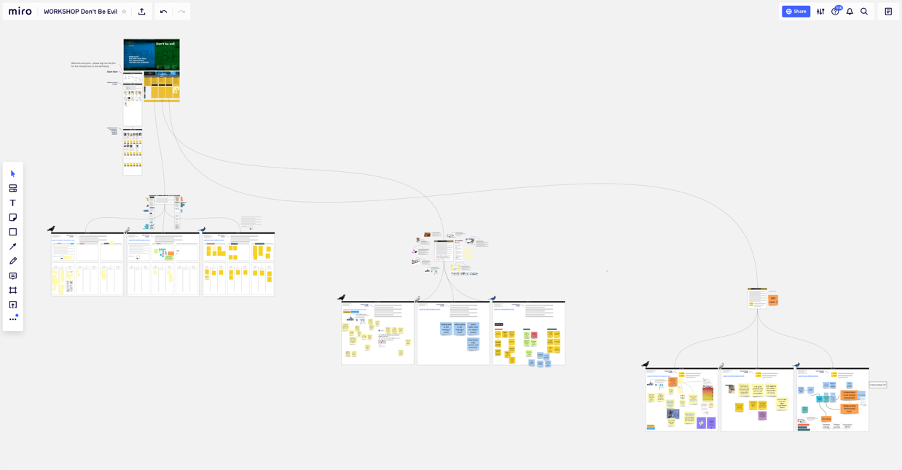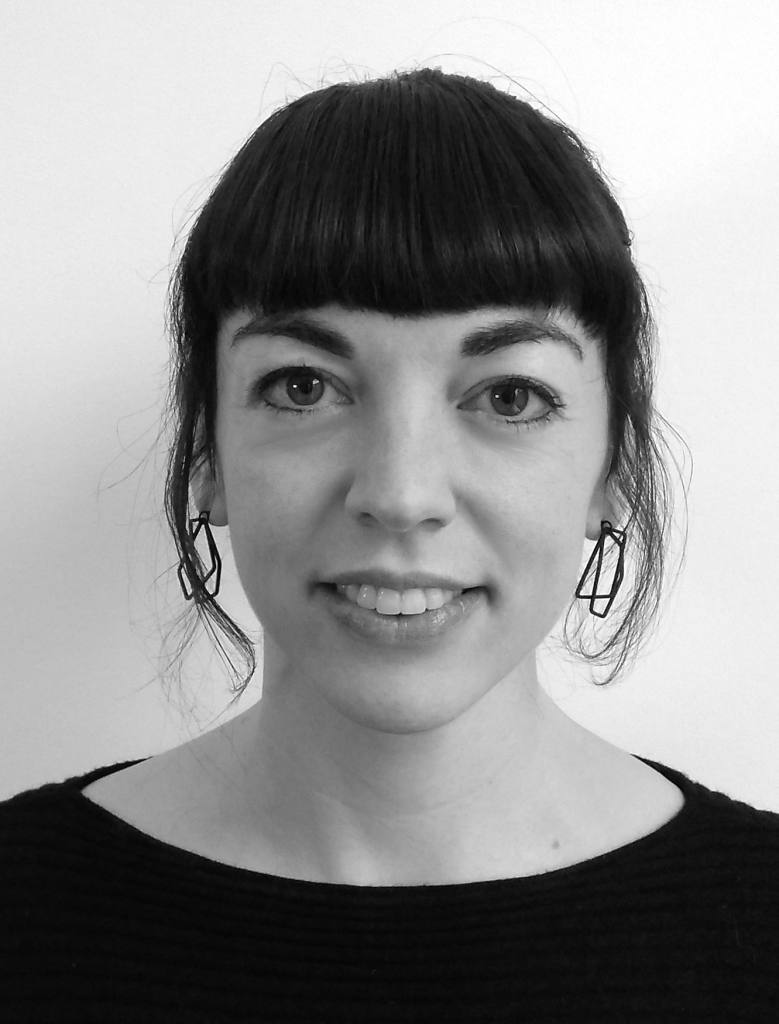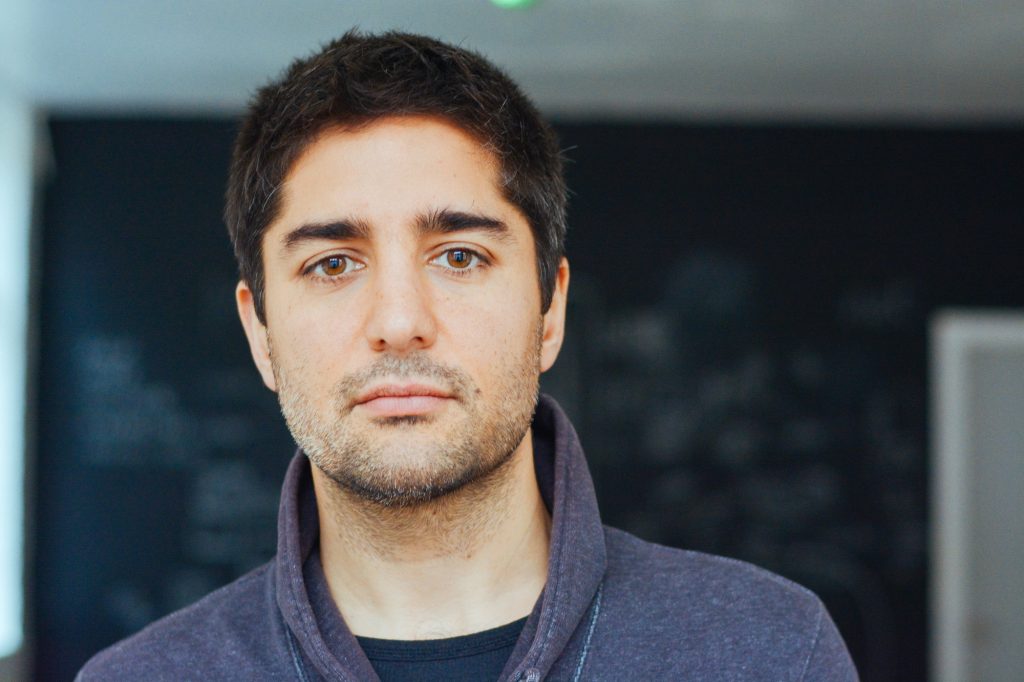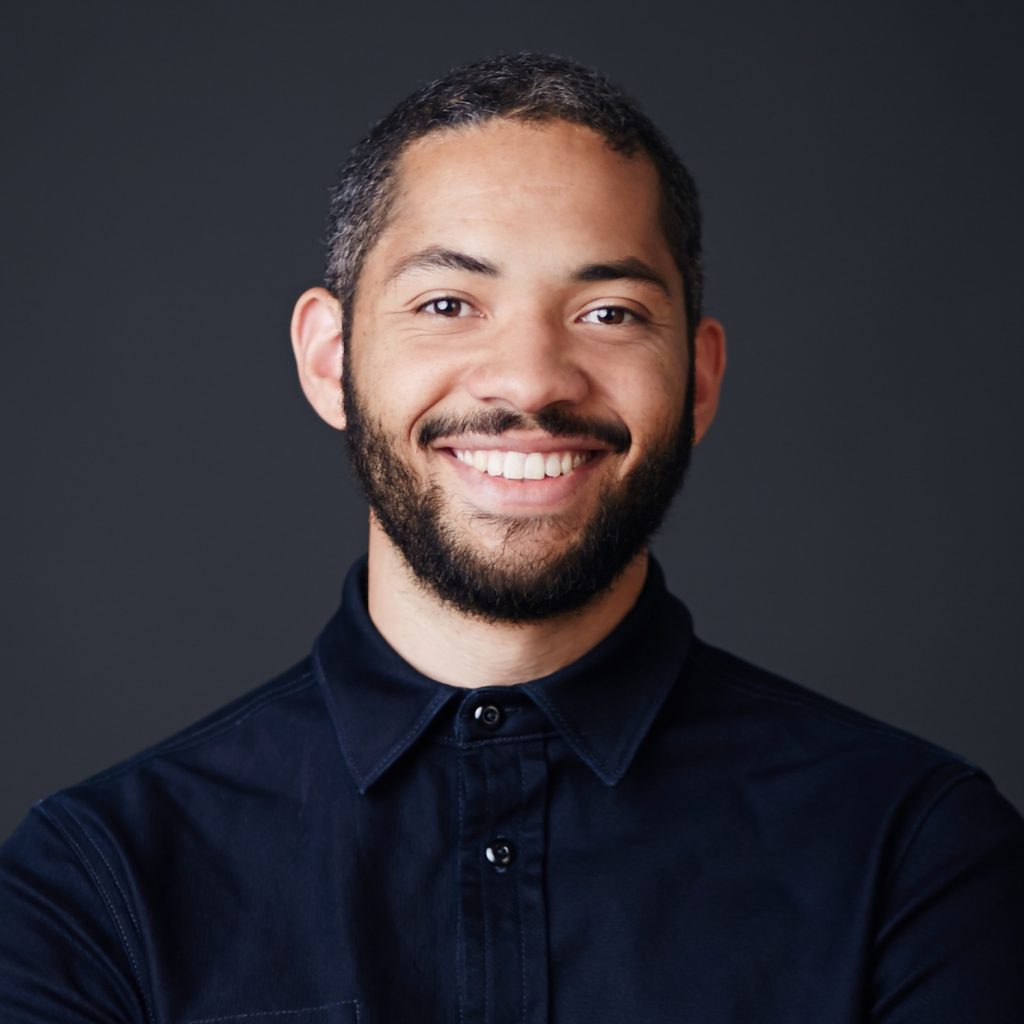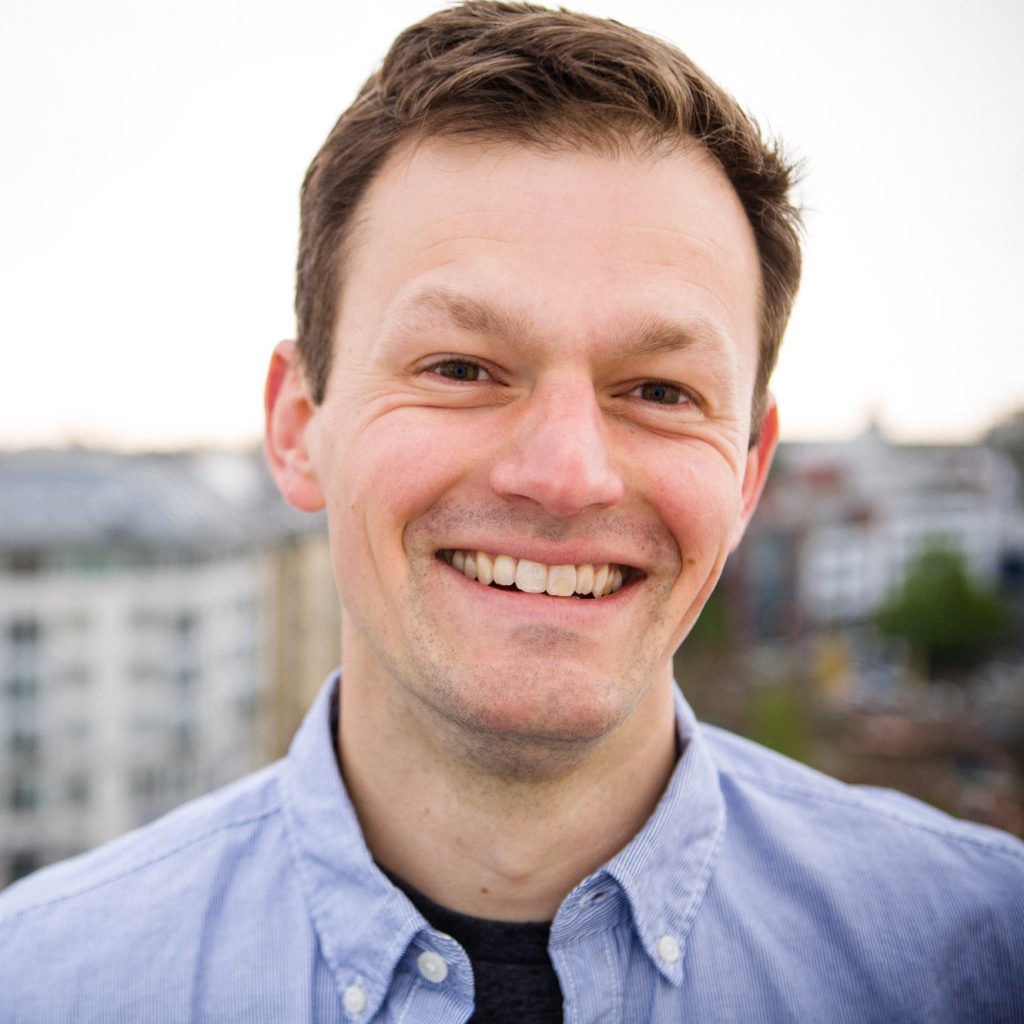Thursday 10 December; 11:00-12:30
Session to dive into the theme Cities of Things and discussing ingredients of a future field lab
With the rise of AI (artificial intelligence) combined with IoT (internet of things), the concept of what is a “thing” shifts from passive artifact to an active partner. Capable to perform tasks and make judgments, Things increasingly “work with us” to produce positive change in everyday life. The research program Cities of Things started in 2018 as a Delft Design Lab at faculty of Industrial Design Engineering Delft. The research has a focus on this changing relationship with intelligent things. Things that are services in the core. Things that are citizens. We build new knowledge through research projects and prototyping new products and services.
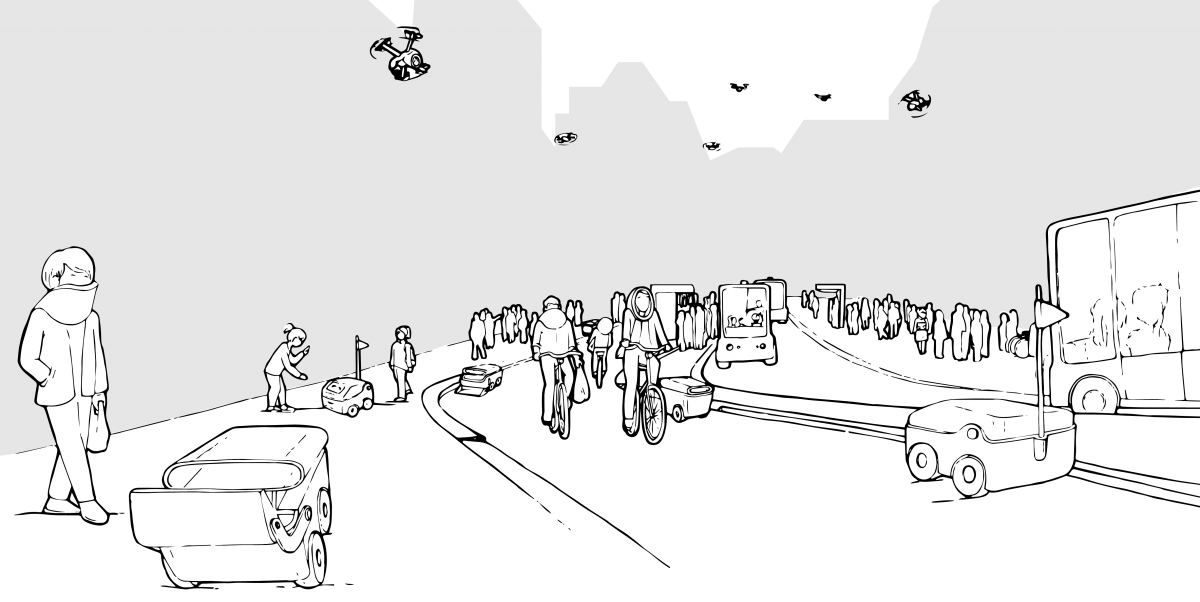
The cities of Amsterdam and Munich have the intention to extend an earlier collaboration by setting up so-called “field labs” where businesses and knowledge institutions effectively develop, test and implement smart industry solutions. Another element that will be explored entails the necessary urban/regional infrastructure for creativity and innovation based on reciprocity. Creative Holland and partners in Munich worked together to identify several high-opportunity themes for the field labs, which can be elaborated. One of the field labs will be on Cities of Things.
Cities of Things is aiming for the establishment of a field lab in 2021 and like to discuss the requirements with practitioners and industry. The concept of the Cities of Things field lab builds on the experience and network of existing, successful field labs and capitalises on this relationship. How new technologies such as Artificial Intelligence (AI) combined with the Internet of Things (IoT) will become part of everyday urban life. The creative industry will help find solutions for the increasing influence that technology has on people, organisations and society as a whole.
In the session at ThingsCon we like to share the state of the research we did on cities of things in the last years and we shaped some possible futures that can inspire and kickstart the shaping of an agenda for the field lab. We will zoom in on a couple of themes we like to link to the cities of things; sustainability and energy, mobility, the built environment, fashion, and discuss in smaller groups the agenda for the field lab.
The preliminary program of the session:
11:00 – opening and background of Cities of Things with all participants
11:10 – presenting design fictions of 2 of 3 themes (all participants)
11:25 – short break and divide into break-out rooms
11:30 – break-out room per theme: introduction of participants and sharing impressions of the theme, discussing the design fiction
11:50 – break
12:00 – second round in break-out rooms: formulate first agenda; questions or projects that should be part of the field lab
12:15 – back in the room with all, sharing the agendas
12:25 closing of the session, follow-up
This session is organised by Iskander Smit, Eva van der Born, David Valentine, and Mareile Zuber
